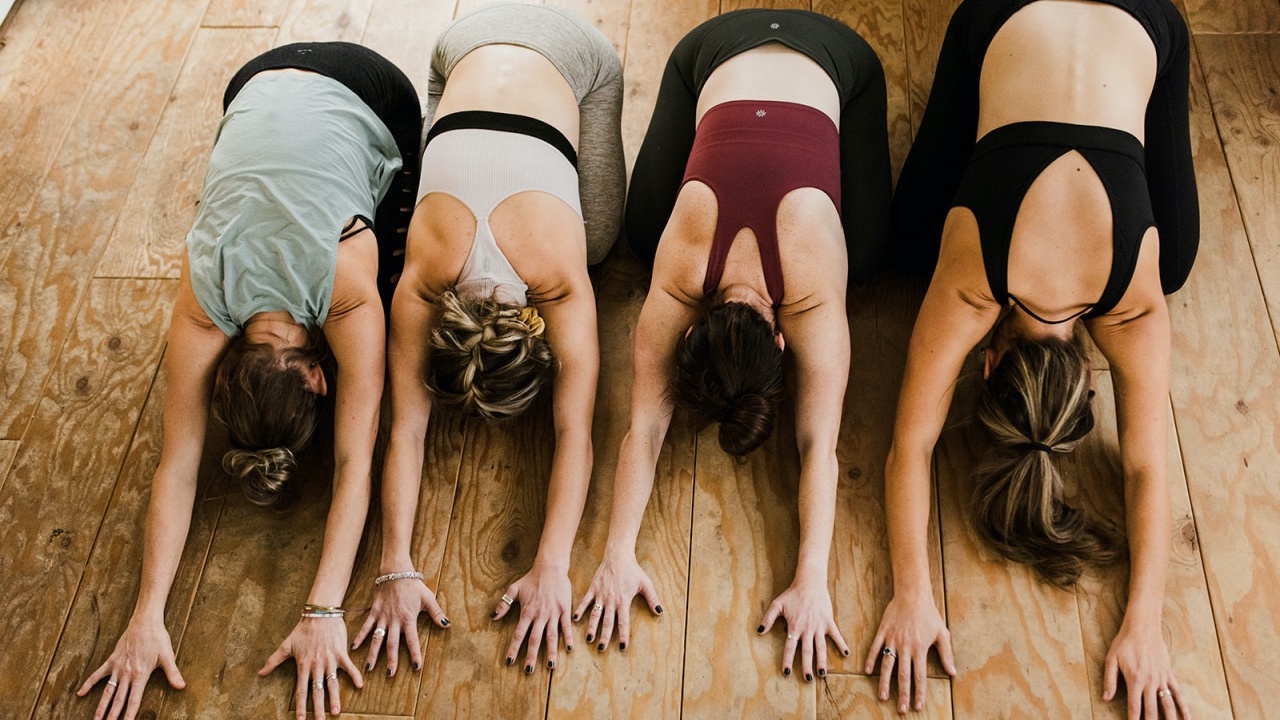ANXIETY: How to moveTHRU
Nov 10, 2020
What am I going to do?
The question haunted me. It kept me up at night. My husband had died six months ago. The shock had worn off. Reality was hitting me hard.
I was alone with two kids under three. I had no job, no future plans and no will to do anything more than to get out of bed in the morning and maybe workout later.
My thoughts would spiral — I can’t do this. Why me? This isn’t fair. WTF???
My heart would start racing as I desperately searched for answers. It felt like I was losing control of my own mind and body. I wanted to scream. I wanted my husband ’s hand to hold— to help me calm down and tell me that everything would be ok.
But he wasn’t there. He was gone. And deeper into the spiral I went.
To make it stop, I would curl into a ball in my empty bed, break down in tears and cry.
Anxiety.
An emotion that author Claire Bidwell Smith dubbed as (and named her book) “the missing stage of grief.” We experience anxiety after we lose someone special to us for many reasons:
- The intense and varied emotions brought on by grief.
- The threat of your own mortality and the unpredictability of life.
- Logistical issues like managing finances and the deceased’s belongings or estate, etc.
- Supporting other family member’s — comparing grief or feeling pressure to be the “strong one.”
- Unresolved issues or fear of forgetting your person.
- Unprocessed grief.
- Healing from the trauma of losing someone in an instant or having to watch someone slowly die.
Anxiety occurs in relation to a stress — a physiological and psychological response to a real or perceived threat. For people who experienced a loss, that threat is the death of our loved one.
When we’re confronted with a threat, our sympathetic nervous system stimulates the adrenal glands, causing them to release hormones like adrenaline and cortisol as part of our body’s nature fight or fight response. Emotionally, we might feel tense, jumpy, restlessness, irritability and sometimes start anticipating the worst. Physically, we might experience a racing heart, shortness of breath, sleeplessness and headaches, among other symptoms.
After recognizing how anxiety felt in my body, I was able to notice when it came up. Typically this was when:
1.) I had too many stressors — remote learning for the kids, too many commitments with friends, too much work or too many fitness classes to teach.
2.) I had unprocessed grief — if I removed the stressors mentioned above and still felt “off”, this told me that the stress was internal and usually involved grief that I needed to process.
Our knee-jerk reaction to anxiety is to avoid it, to suppress it or to make it go away. But anxiety is our body’s natural alarm system — like a siren trying to warn us that something outside us or within us needs our attention.
For me, this meant listening my body, stopping what I was doing, and asking myself — where is this anxiety coming from? Why am I feeling this way?
If the anxiety was too overwhelming, sometimes I needed to do an intense workout — spinning, running or HIIT — to calm down before I could start investigating the root cause.

During Isabelle’s 5th birthday I noticed that underneath the joy and fun of the festivities, I felt a sense of irritability and restlessness. I was snapping at my boyfriend and parents over nothing! I kept feeling like I was being suffocated. I needed space. The party, the friends, the gifts, the decorations — it just felt like so much and I needed to escape.
The Monday following the celebrations, I went to yoga. I moved my body. I breathed. And in shavasana, I cried. I felt so much sadness release. As I found stillness lying there on my yoga mat, I realized that I hadn’t made any space to grieve Ian’s absence during Izzy’s birthday. While my mind told me that everything was ok, the emotional memory stored in my body told another story.
As soon as I acknowledged my sadness and gave myself room to feel it, the anxiety dissipated.
Like most of our feelings, anxiety is there to tell us something too! If we can notice it, take a pause, and move thru the overwhelm with exercise, mediation or breath, then we can typically find the clarity to understand what’s driving it.
Did this help? Tell us in the comments below or share with a friend who could use this advice.
Want to learn more about how to move thru anxiety and other emotions experienced during the grieving process?
Check out our 8-week online course.
Stay connected with news and updates!
Join our mailing list to receive the latest news and updates from our team.
Don't worry, your information will not be shared.
We hate SPAM. We will never sell your information, for any reason.

